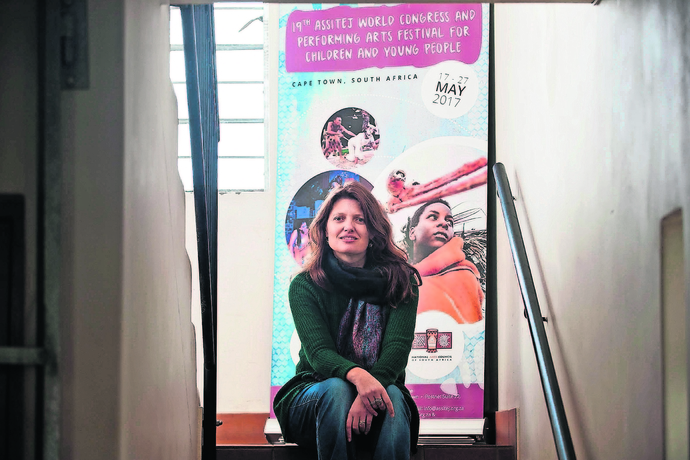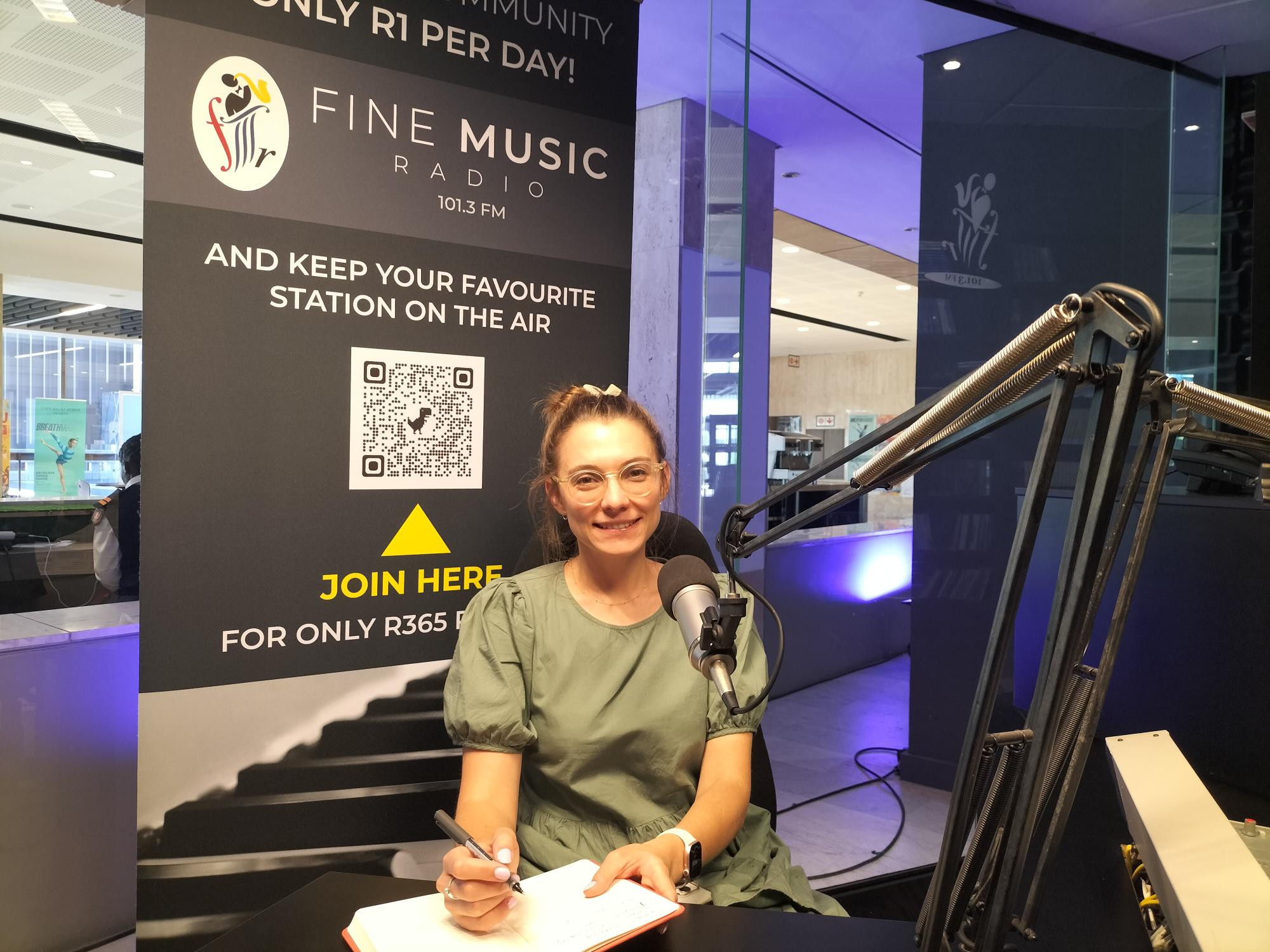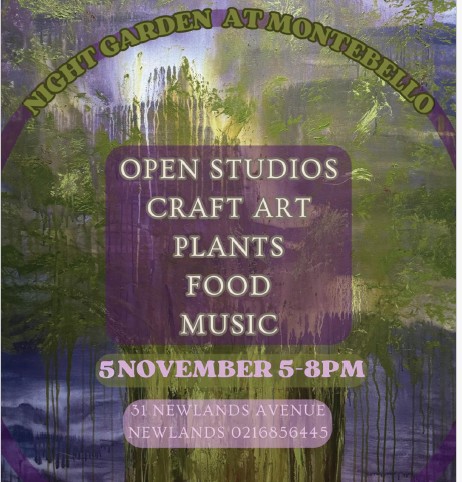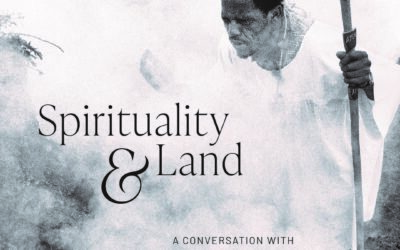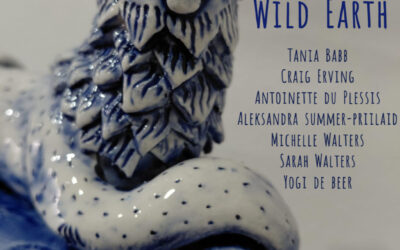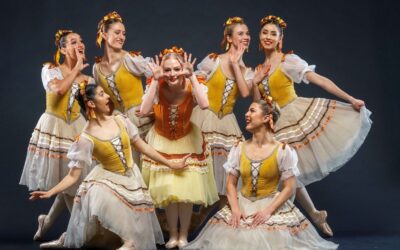The US’s New Visions/New Voices festival is collaborating with Assitej SA and the Soweto Theatre on a project to nurture theatre for young audiences, writes Kgomotso Moncho-Maripane.
One outcome of this collaboration is that South Africa has won the bid to host the Assitej World Congress and Performing Arts Festival, to be held in Cape Town in 2017.
There’s a strong focus on the empowerment of young African playwrights right now – a development that bodes well for local theatre. The United Kingdom’s Royal Court New Writing programme is working with a collective of 11 young South African playwrights (the Playriots) to bring out new contemporary plays.
And the Kennedy Centre’s New Visions/New Voices festival in the United States is collaborating with Assitej South Africa and the Soweto Theatre on a project to nurture and promote theatre for young audiences with the New Writing for Young Audiences in Africa programme.
Theatre for young audiences and the writing of suitable plays for them are an untapped space locally and Assitej SA is filling that gap.
The organisation is a networking platform for people working in theatre for children or who are interested in promoting and fostering high-quality theatre for children and young people (infants to 19-year-olds). The organisation has partnered with the Soweto Theatre as a space to showcase their work.
“The culture of attending theatre needs to be inculcated at a young age,” says Soweto Theatre artistic director Warona Seane. “It’s important to improve our kids’ literacy, to grow their imaginations and help them think laterally about the world.”
The partnership with the Kennedy Centre began when the director of Assitej SA, Yvette Hardie, was invited to New Visions/New Voices in 2012.
Hardie was bowled over by the festival’s format, which boasted a unique alchemy of multiple playwrights, directors and actors creating new works, and its huge influence in developing conversations in the US around theatre for young audiences.
The co-founding director of New Visions/New Voices, Deirdre Kelly Lavrakas, says: “Since its inception in 1991, the programme has assisted in the development of 96 new plays, musicals and operas from 86 playwrights and 37 composers, working with 57 US and 10 international theatre companies as well as 17 international playwright observers. It continues to be a major force in improving the quality of work for young audiences in the US.” She adds: “The landscape for theatre for young audiences in South Africa seems similar to the circumstances in the US when New Visions/New Voices festival was conceived: with many terrific playwrights writing for adults, but not so for many young audiences; with theatre for young audiences not getting the respect it deserves in the theatre field as a whole; and a desire on the part of practitioners to improve the field.”
That became the impetus behind the collaboration between Lavrakas, Seane, Hardie and the Assitej SA team. As South Africa had won the bid to host the Assitej World Congress and Performing Arts Festival, to be held in Cape Town in 2017, the time also felt right to start a legacy project that would continue after the congress. The New Writing for Young Audiences in Africa project kick-started with a call-out for new script ideas at the end of 2014. Fifteen African playwrights were selected with writers from Nigeria, Cameroon, Botswana, Zimbabwe and South Africa.
The programme will work with the playwrights to develop their ideas into fully fledged scripts. The first phase was the staged readings of the first drafts at the inaugural African Youth Theatre and Dance Festival at Artscape in Cape Town at the end of June. There will be about five new scripts to be sent for further work with directors at the New Visions/New Voices festival in 2016.
The end result will be a production or two presented at the Assitej World Congress and Performing Arts Festival in 2017 and at the Soweto Theatre.
Hardie was impressed by the diversity of work presented at the first phase of the programme in Cape Town. “There is a preconception of what theatre for young audiences should be – that it’s about clowns and a lot of colour only,” she says. “The truth is there is a diversity of approaches.
See full report by Kgomotso Moncho-Maripane in the Mail & Guardian

